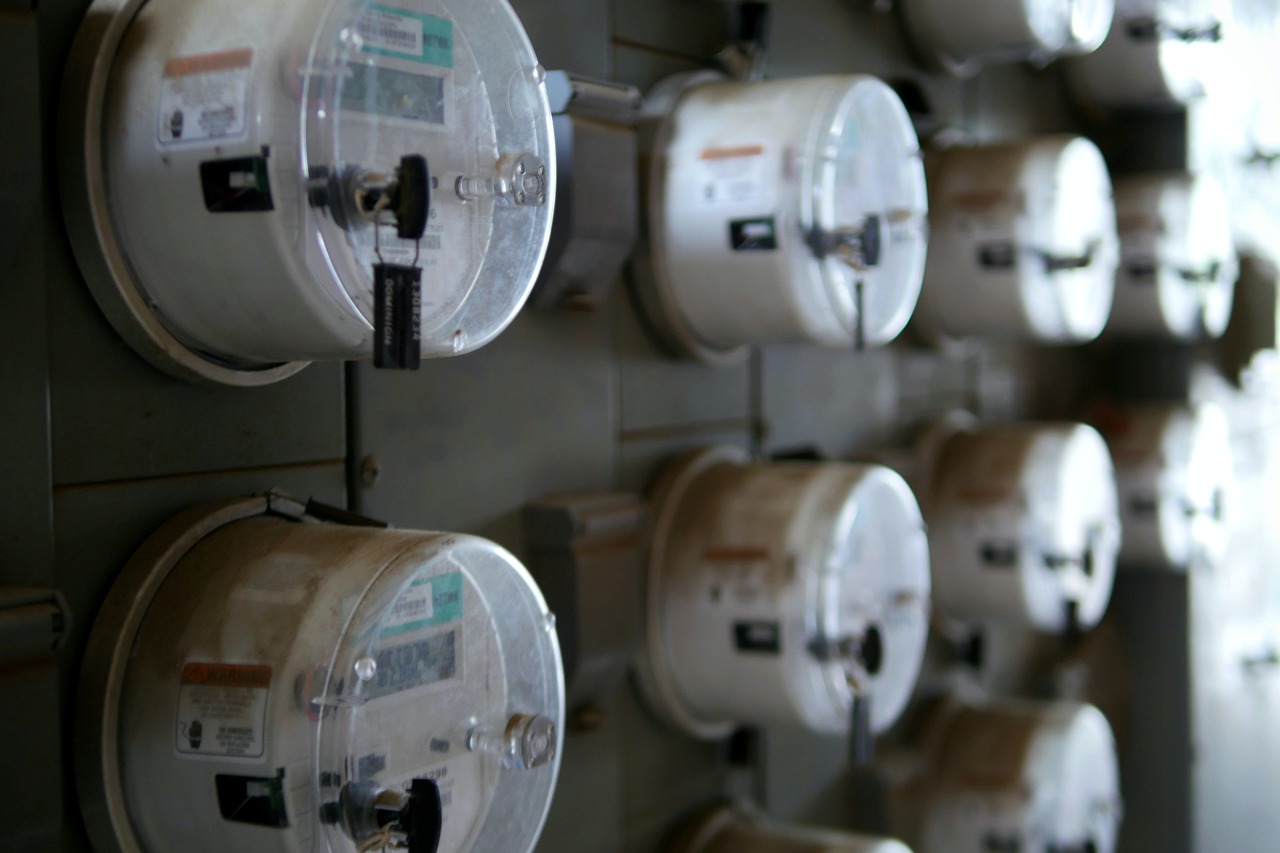 Energy justice was the topic of OurEnergyPolicy’s October 28, 2020, webinar—focusing on energy affordability for low-income and marginalized communities. One in three American households faces some sort of energy insecurity, such as a challenge affording their energy bills or trouble keeping their home a healthy temperature. Michael Dorsey (Co-Founding Partner, IberSun Solar), Tony Reames (Assistant Professor at the University of Michigan in Ann Arbor and director of the Urban Energy Justice Lab), and Devra Wang (Program Director at the Heising-Simons Foundation)—with moderator Dan Kammen (Professor, UC Berkeley)—discussed these challenges and potential solutions.
Energy justice was the topic of OurEnergyPolicy’s October 28, 2020, webinar—focusing on energy affordability for low-income and marginalized communities. One in three American households faces some sort of energy insecurity, such as a challenge affording their energy bills or trouble keeping their home a healthy temperature. Michael Dorsey (Co-Founding Partner, IberSun Solar), Tony Reames (Assistant Professor at the University of Michigan in Ann Arbor and director of the Urban Energy Justice Lab), and Devra Wang (Program Director at the Heising-Simons Foundation)—with moderator Dan Kammen (Professor, UC Berkeley)—discussed these challenges and potential solutions.
Pandemic-specific solutions for energy insecure households could include aid through the HEROES Act and CARES Act and continuing the state moratoria on electricity service shutoffs. Many states instituted these moratoria at the beginning of the pandemic to protect Americans under increased financial stress, but many moratoria are now being lifted. Viewing energy as a basic right might also be helpful in ensuring energy access for all people.
Current programs that could be expanded are weatherization programs—which reduce people’s energy bills by making their homes more energy-efficient—and the Low Income Home Energy Assistance Program (LIHEAP)—a federal bill-payment assistance program implemented at the local level. Panelists mentioned the Energy Efficiency for All coalition, which focuses on energy efficiency retrofits, and Michigan Saves, which provides a finance infrastructure to drive efficiency and renewable projects. We could keep protections in government programs that prevent landlords from raising rent after home retrofits. In addition, state energy efficiency programs might be improved by updating outdated cost-benefit frameworks.
Panelists also mentioned investment, good data, renewable energy, and inclusion as factors to incorporate for energy justice solutions. A study found that a lack of investment from corporations in poor communities was one reason why LED light bulbs were less available and more expensive in those communities. Data may be the key to bringing problems to light, such as the frequency of utility disconnections. The low cost of solar power may provide a good opportunity to deliver Americans electricity that is affordable and also clean. Also, including people from marginalized communities on advisory boards and in decision-making roles is an important part of solving energy justice issues and making energy more affordable for all Americans.
1) What policies, federal relief packages, or other actions can best address energy insecurity during COVID-19 and in the long term? Should utility moratoria be extended?
No doubt that COVID 19 is creating enrgy insecurity. People lost their jobs, companies are out of business, and economy is not doing well. The policy response by the federal… Read more »
2) Should utilities invest more in weatherization and energy efficiency programs that enable people to better afford their energy bills, and how can these programs be more effective? What is… Read more »
In principle, I’d say that utilities should invest more in weatherization to lower energy bills, but there’s at least one unintended consequence to consider. Most low-income people rent, and any… Read more »
Thank you for your comment! This issue you bring up (of landlords raising rent after homes are weatherized) was also discussed briefly in our energy justice webinar (48 minutes in).… Read more »
That’s good to hear, and I’m sure is true in some states, assuming these are state government programs. I heard about the issue in the context of a low-income community… Read more »
3) How can energy justice and the inclusion of marginalized communities best be included in the clean energy transition?
Climate change impacts marginalized communities more than other groups. To limit the growth of global warming and quickly transition to a clean energy economy, we must align financial incentives with… Read more »
I strongly support the Carbon Fee and Dividend concept that Dan advocates. I agree that it will be an anti-regressive measure that will generally benefit the disadvantaged. On average, they… Read more »
To the extent that payouts to the public drop because of lower emissions and more carbon capture, then the policy is successful! The main purpose of the policy is the… Read more »
An important aspect of energy justice that is typically overlooked is the availability of broadband/high-speed Internet service and overall digital access resources (such as computers, technical support, digital literacy training)… Read more »
SpaceX’s Starlink service is beginning to be deployed (starting in Canada and the Northern US) and will provide high-speed Internet service everywhere in the World for about $500 for equipment… Read more »
Dan, The SpaceX low Earth orbit Satellite service is one of many options for providing broadband Internet service to rural/remote communities. We discuss the full range of options in our… Read more »
Henry, I’m not an investor in SpaceX, but I am a former satellite systems engineer, and I can say that Starlink is unlike other satellite internet services. It will eventually… Read more »
4) Where are the gaps in the data landscape for addressing energy justice issues (data sets, processing capabilities, analytics, etc.), and how can we incorporate that data into effective policies?
When considering social justice–there are several challenges The real challenge is to limit the reductions in standards of living when going to a low-carbon economy. More than 80% of all… Read more »